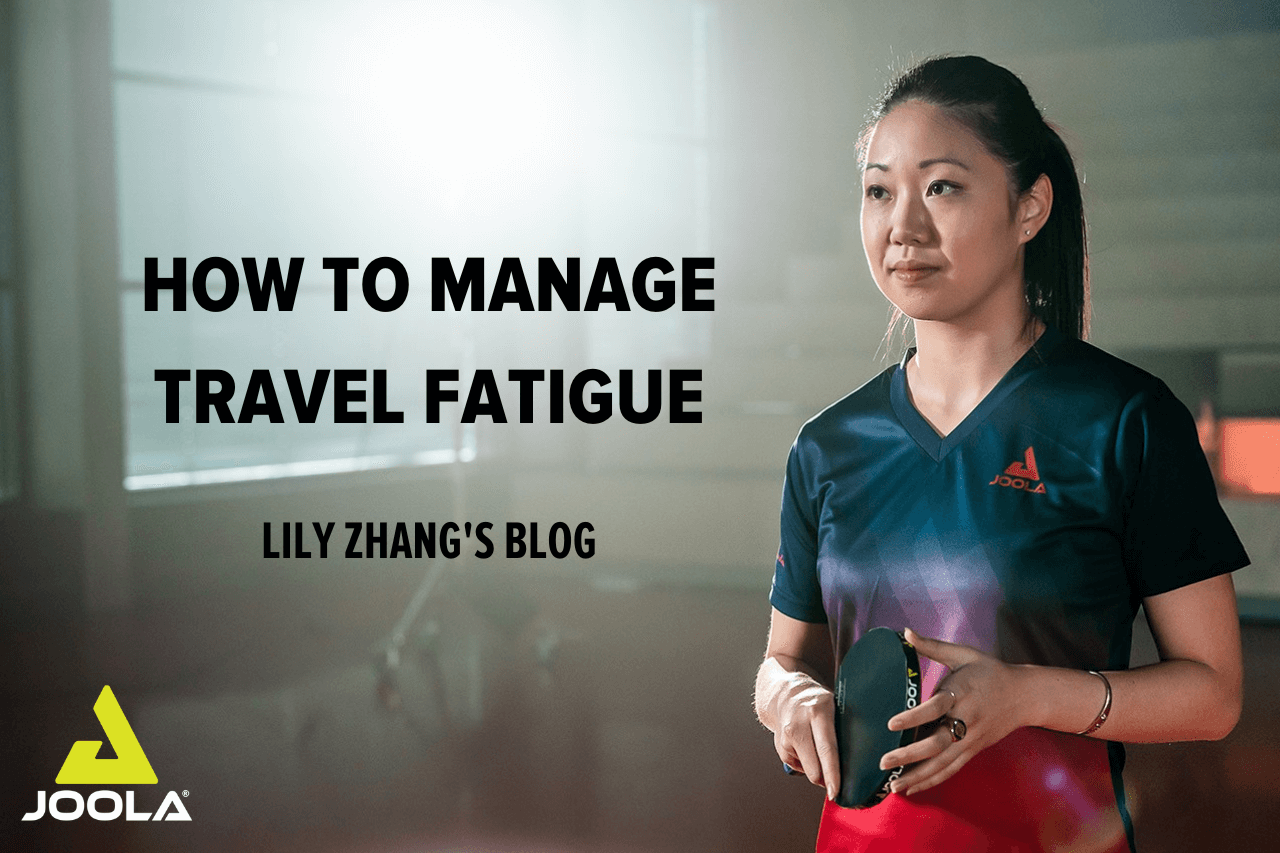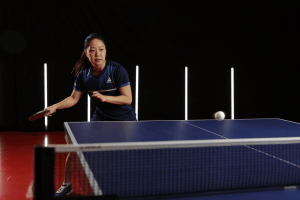Traveling as an elite professional athlete can be rough on both mind and body. You’re constantly on the road, living out of a suitcase, and experiencing vastly different living conditions from what you’re used to. How can you be expected to maintain peak shape and avoid injury during these circumstances? Having been on the road and in the air for the last couple of months in Florida, China, Macau, Spain and Italy, I speak from experience when I tell you that it’s far from easy – but with the right tools and practices, you can alleviate some of the physical challenges that come with travel.
MANAGEMENT OF SLEEP IS CRUCIAL
First and foremost, you want to make sure your physical wellbeing is taken care of. This subsequently affects how you feel psychologically. It’s common knowledge at this point, but I cannot stress this enough – one of the absolute most important aspects of your physiological health is sleep. Sleep is inextricably linked to an elite athlete’s performance, particularly as one of the strongest indicators in predicting injuries. When you travel across multiple time zones, the fact is that you will experience jet lag, a disruption to your body’s natural circadian rhythm. However, there are ways to adjust to your expected time zone as quickly as possible and get the necessary hours of sleep to perform well.
In general, practice good sleep, hygiene and create a relaxing bedtime routine. This will vary from person to person, but a consistent routine around 30-60 min before you to go to bed allows your body to recognize when it’s bedtime and in turn induce sleepiness. Some suggestions might be to take a warm bath/shower, practice meditation or breathing exercises for a calm mind, try some gentle stretches to relax your muscles, or read a book. During this time frame, make sure to minimize blue light exposure by putting your phone/laptop down, or if you must use them, it might be worth it to invest in a good pair of blue light glasses. Lastly, creating an optimally cool temperature and dark room may help you fall and stay asleep easier.
ADJUSTING FOR JET LAG
Timing is also incredibly important. Before a flight, you can already begin adjusting your sleep times. For instance, if you travel east, try getting to bed and waking up 30 min earlier than usual and the opposite if traveling westwards (go to bed and wake up 30 min later than usual). Timing your meals can also be just as effective, since the gastrointestinal tract resets your circadian rhythm by producing insulin when eating, which in turn involves cortisol and stimulates wakefulness. Avoid eating any particularly large meals 2-3 hours before bedtime, and on the first day of arrival, you might want to consider eating a carbohydrate heavy meal for dinner, as carbs induce sleepiness more than protein-rich foods.
As a last resort, taking melatonin supplements are an option if need be. I would highly recommend to stay away from any sleeping pills, as they target our brain’s GABA receptors to sedate the brain, rather than produce natural sleep. It’s not nearly as effective as real sleep. Not to mention that they have a plethora of side effects, including daytime drowsiness, memory problems, increased tolerance, and even a higher chance of death or cancer. Melatonin, on the other hand, is released naturally by the body’s pineal gland in order to signal night time, therefore telling us when it’s time to fall asleep. Even so, take it only when necessary, as often and prolonged intake decreases the body’s own ability to produce melatonin.
WATCH WHAT YOU CONSUME
Additionally, traveling to foreign destinations allows you to experience the wonderful foods and flavors of the country’s respective culture. However, this change in environment also creates the opportunity for potential food poisoning or gastrointestinal issues, particularly for those with sensitive stomachs. Be very cautious of what you eat and drink. Some best practices include eating fully cooked foods rather than raw, as heat kills dangerous germs. Try to avoid ice, as it’s usually made from tap water, and instead, reach for properly sealed beverages. When consuming fruits or vegetables, make sure they’re peeled or worst case, wash with filtered or bottled water and allow to dry fully.
You not only want to make sure you prevent getting sick with these practices, but also be aware of what you choose to eat in your meals. Nutrition is instrumental in how an athlete’s body functions and its subsequent performance. Yes, pasta, pizza, or fries might be fully cooked, but how do they make you feel after? It’s also understandably difficult to follow a healthy nutrition plan in a foreign country, as you often don’t have control over what is offered, and diets differ from person to person, but eating a balanced meal that consists of carbohydrates (whole grain and leafy greens), protein, and healthy fats might make the bit of difference needed to go that extra mile in the match. Good sources of carbohydrates include fruits, vegetables, and whole grains. Protein can vary from lean meat and poultry to fish, eggs, tofu, beans and nuts, and dairy products. Fats are necessary to absorb fat soluble vitamins and provide satiety, and these can comprise of avocado, nuts and seeds, and olive or canola oil. On top of all that, make sure to stay hydrated with fluids, preferably with water or sports drinks to replace any lost electrolytes during game day.
There are of course many other ways to speed up recovery when on the road, but these are simply a few of the tools and practices necessary I’ve found useful to keep in mind. It’s not easy to follow everything strictly when your entire environment and routine is thrown off course, but I’d suggest to try to do whatever you can in the moment. After all, feeling good physically is only the first step to feeling good psychologically. Speaking of which, travel fatigue can hit just as hard mentally. Luckily, there are just as many psychological techniques that can be incorporated in your travel and competitive schedule to assist in emotional recovery. But that’s a whole other article.




